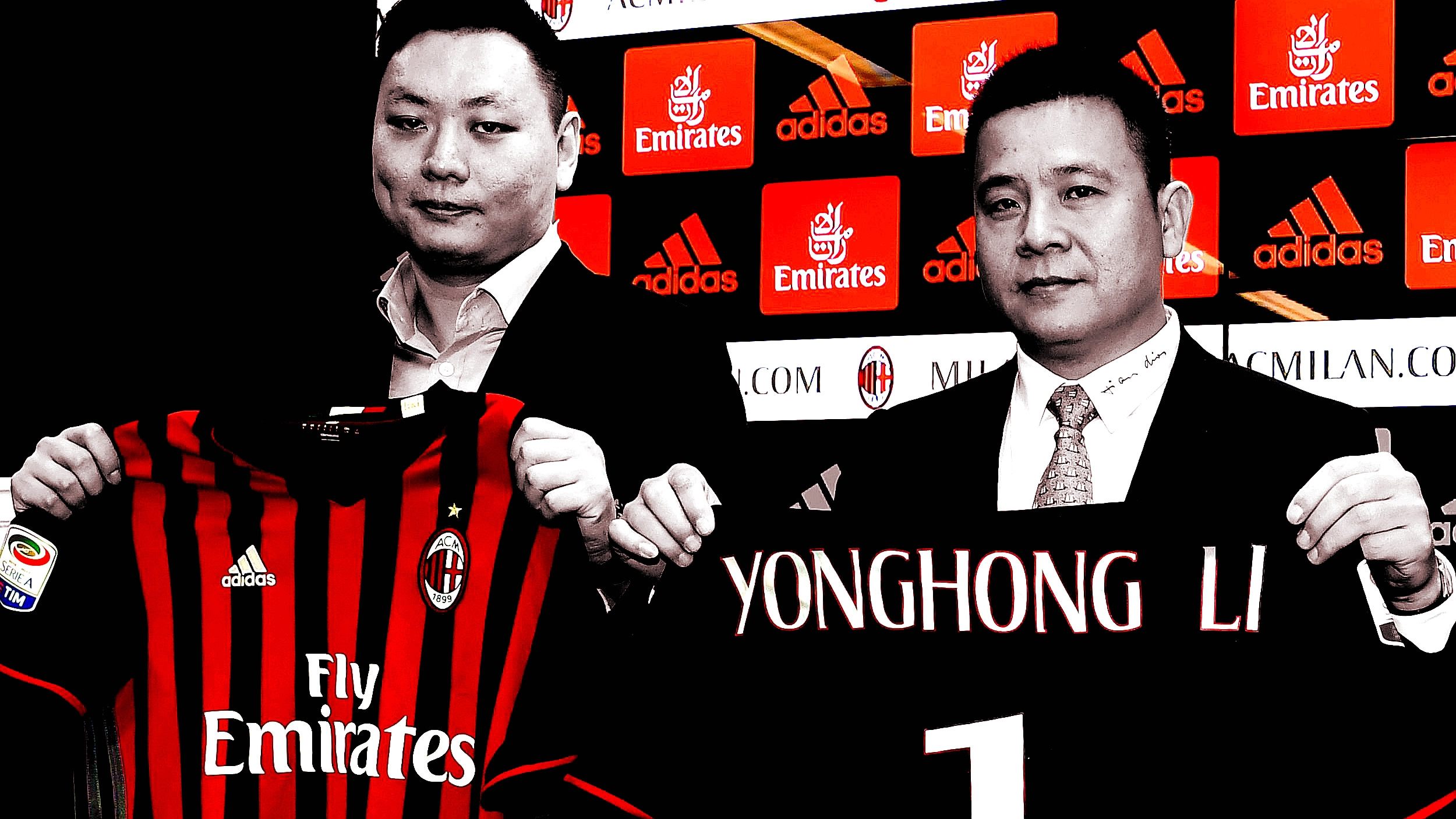Bankruptcy, low investment and poor on-pitch performances have seen a fierce fan backlash against the Chinese owners of some of Europe’s biggest football clubs, amid wider pressure on Chinese overseas investment.
Italian newspaper Corriere della Sera on Sunday claimed AC Milan owner Li Yonghong was filing for bankruptcy, and would be forced to sell his assets via auction on Chinese e-commerce platform Taobao. The report was backed by a confirmed investigation by the China Securities Regulatory Commission into Li’s finances.
Sunday also saw Inter Milan fans boo their owner, Suning – one of China’s biggest electronics retailers – after yet another defeat in a disappointing season.
Fans took to Twitter with the hashtag #SuningOut, with one of the most popular tweets describing the company as a “soulless overseas corporation.”
Meanwhile, in the Premier League, Chinese-owned clubs West Bromwich Albion and Southampton are both mired in the relegation zone, despite promises to fans that money would be pumped into improving the teams.
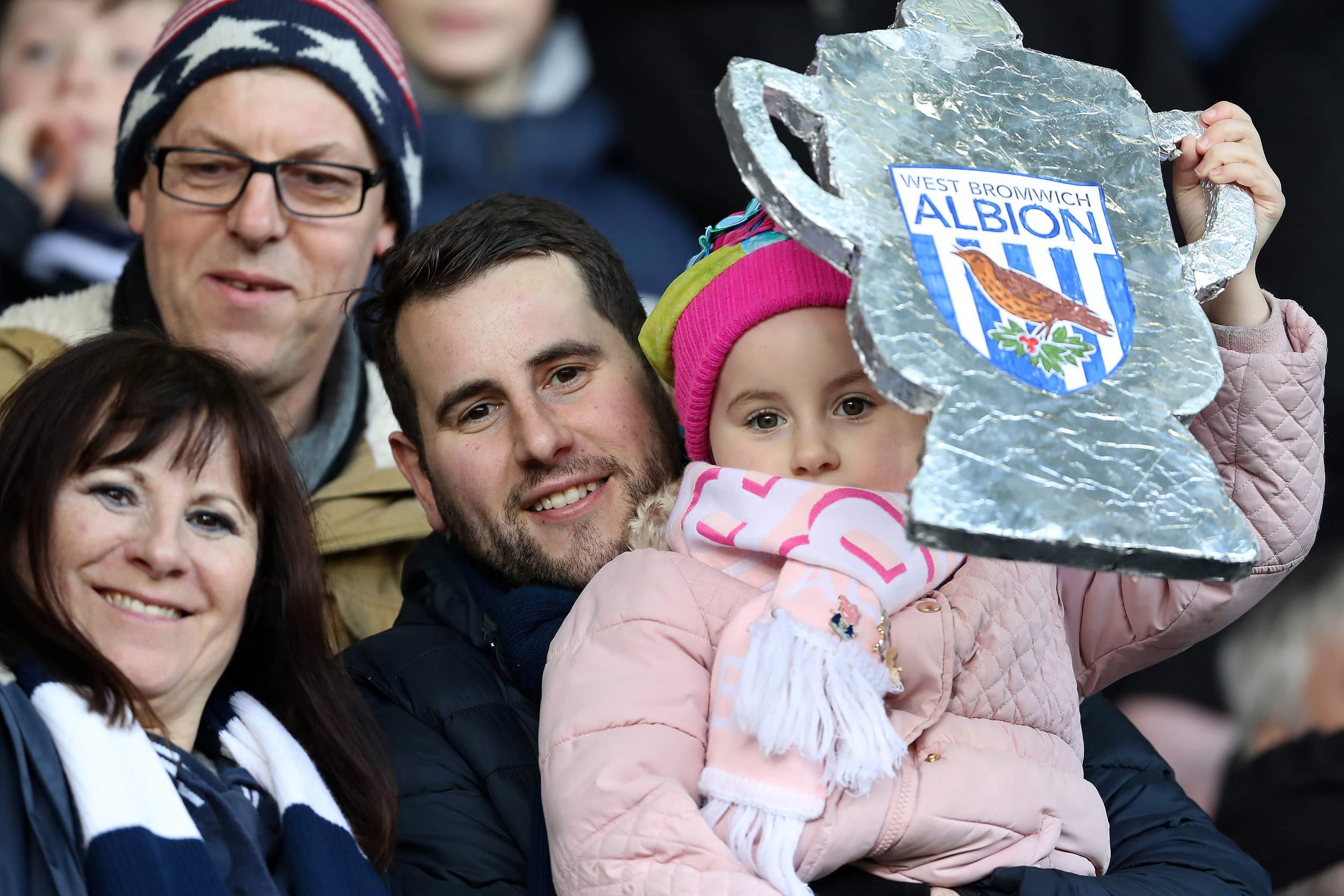
Do Chinese owners have fans' best interests at heart? /VCG Photo
Do Chinese owners have fans' best interests at heart? /VCG Photo
Broken promises?
Li Yonghong took over AC Milan in April last year for 740 million euros (916 million US dollars), ending the Silvio Berlusconi era that began in 1986 and saw the club win five European Cups and eight Serie A titles.
Li promised to “lead this legendary team back to the summit of world football,” but question marks were raised over his finances before pen was even put to paper on the takeover.
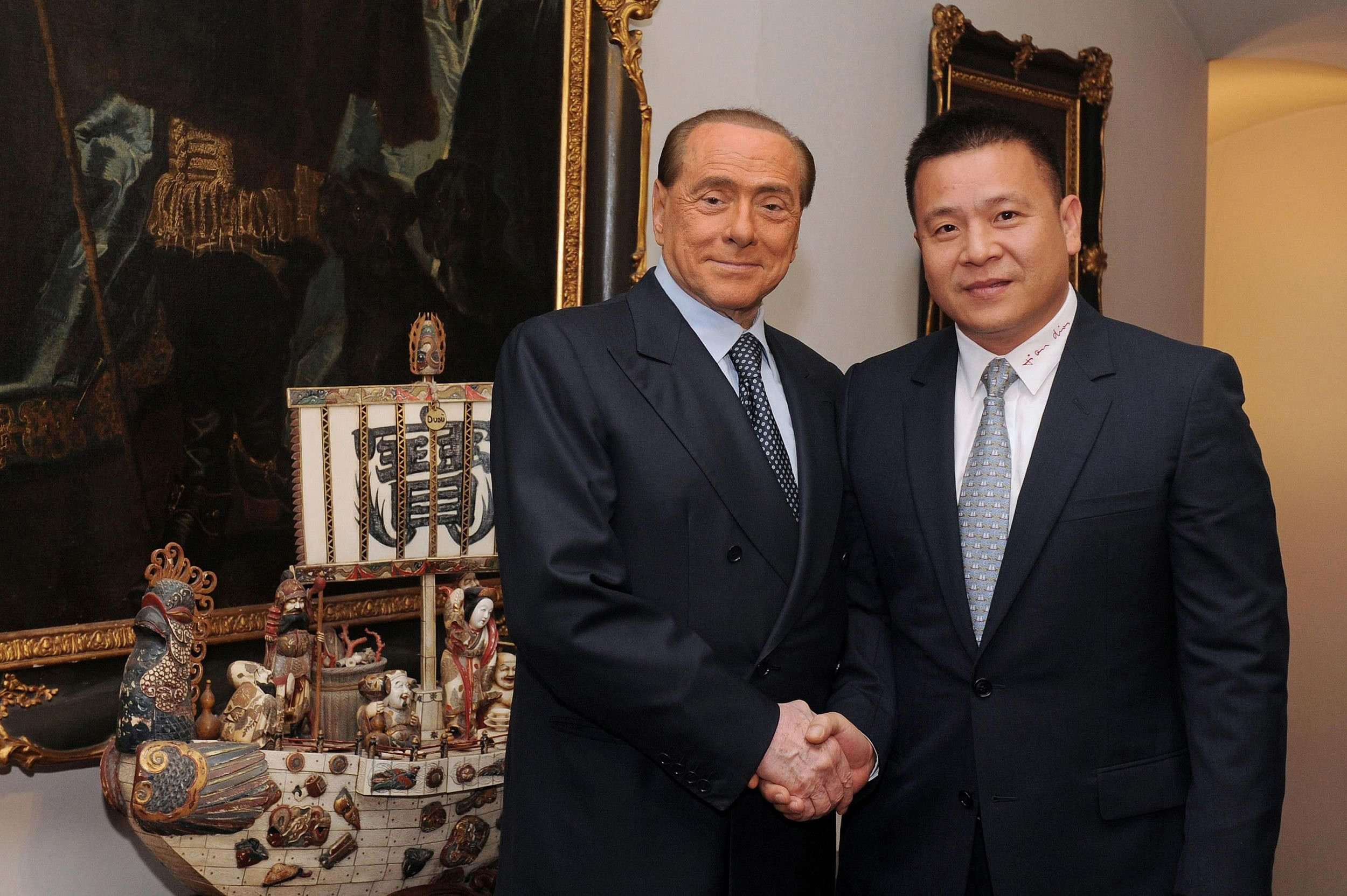
Li Yonghong poses with former AC Milan president Silvio Berlusconi in April 2017. /VCG Photo
Li Yonghong poses with former AC Milan president Silvio Berlusconi in April 2017. /VCG Photo
A 100 million euro deposit was paid from a Hong Kong-based business almost a year prior to the deal being finalized, followed by three separate payments totaling 150 million euros (186 million US dollars).
The rest of the money was paid from a completely different Luxembourg-based company, and mostly funded by a 300 million US dollar loan from Elliott Management – a US private “vulture” investment fund usually linked with failing companies.
A total of 128 million euros were spent on players in 2017 – a respectable sum of money for a club of AC Milan’s size – but that money came from the Elliott loan, which expires in October, with interest as high as 11.5 percent.
The club finished in sixth place last season, and currently lies in seventh place in Serie A, 25 points behind first-placed Napoli.
Claims in the New York Times last year that Li lied about owning a “mining empire” increased the unease at the San Siro, with top players reportedly refusing to sign new contracts until the financial situation at the club was made clear.
Inter in decline amid money laundering accusations
In 2009, AC’s rivals Inter Milan spent more than 100 million US dollars on star players like Diego Milito, Samuel Eto’o and Wesley Sneijder. That season, they became the first Italian club to win the Serie A, the Champions League and the Coppa Italia in one season.
Six years later, Chinese retail giant Suning spent 270 million euros to buy a 68.5 percent stake in the club, promising to “make Inter great again,” and confirming they would “inject a steady stream of capital investment in Inter Milan, which will help it attract more talented players worldwide.”
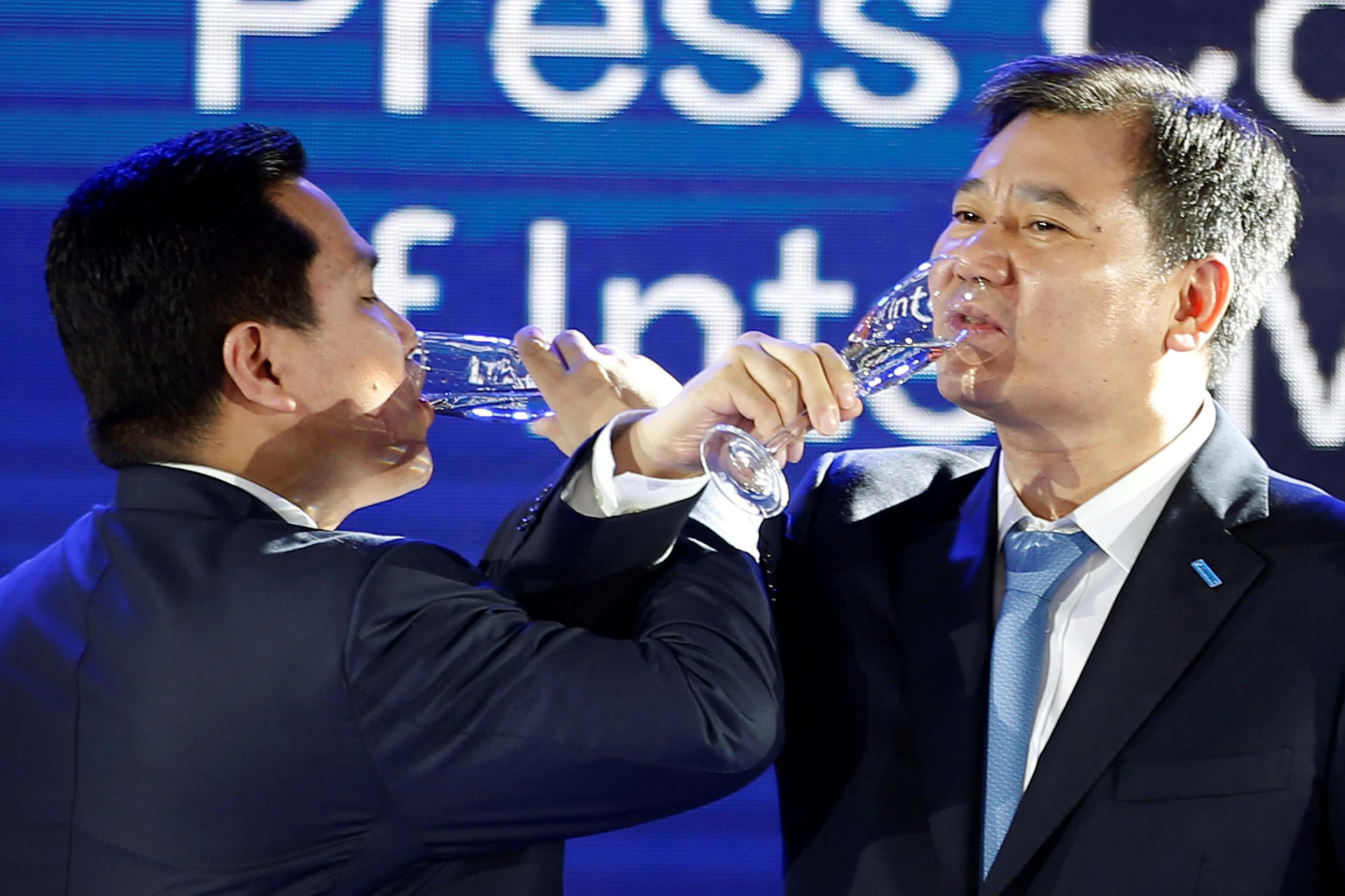
Suning's Chairman Zhang Jindong (R) and Inter Milan President Erick Thohir raise a toast at a news conference in Nanjing, Jiangsu Province, China June 2016. /VCG Photo
Suning's Chairman Zhang Jindong (R) and Inter Milan President Erick Thohir raise a toast at a news conference in Nanjing, Jiangsu Province, China June 2016. /VCG Photo
Since the June 2016 takeover, Inter Milan have hired and fired five managers, and spent less than 150 million euros in the past two seasons. Compare that to the money spent by Paris Saint Germain on strikers Neymar and Mbappe (more than 400 million euros) or the spending prowess of other top European teams, and the frustration of fans is understandable.
A report by Chinese Central Television in 2017 saw Yin Zhongli, a professor from the Chinese Academy of Social Sciences, state that he “couldn’t rule out money laundering” when asked why Suning had bought Inter Milan. His comments drove down Suning’s share prices, and shattered fans’ confidence in the new owners.
Chinese owners fail to get onside with Premier League fans
Southampton in January sold their captain Virgil van Dijk to Liverpool for 75 million pounds (105 million US dollars) – making him the world’s most expensive defender – but failed to reinvest the money in new players, much to the anger of fans.
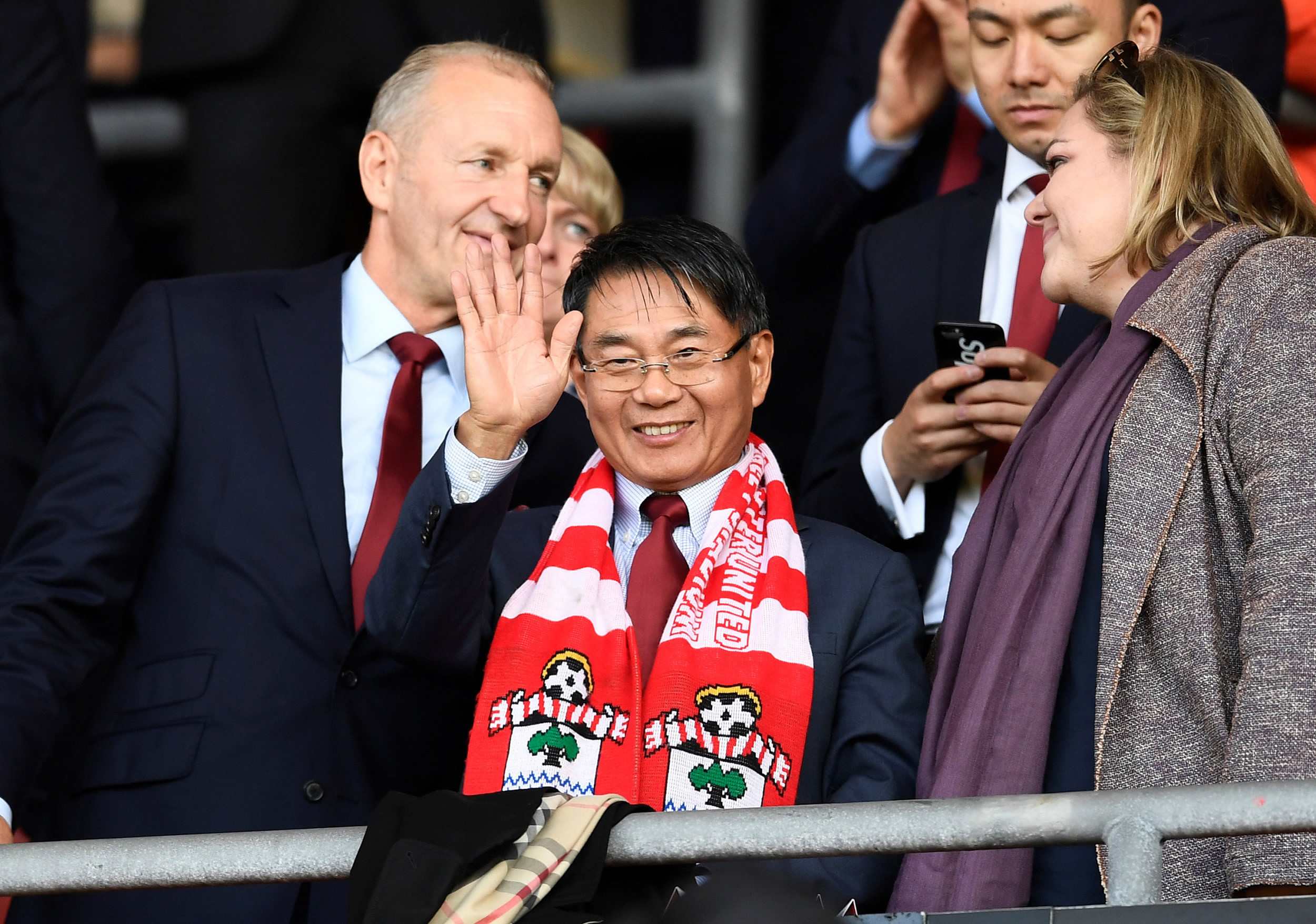
Gao Jishang attends a Southampton game at St. Mary's Stadium in September 2017. /VCG Photo
Gao Jishang attends a Southampton game at St. Mary's Stadium in September 2017. /VCG Photo
That came months after Chinese businessman Gao Jisheng took an 80 percent stake in the club for 210 million pounds (293 million US dollars), again with the promise of a “new and exciting chapter” for the club.
A probe by the club into Gao’s close ties with convicted corrupt official Xu Maiyong, who was executed for his crimes in 2011, found nothing of concern.
Gao’s takeover has coincided with a rapid decline in fortune, with the club facing relegation from the Premier League after one of its worst runs of form in the past 20 years.
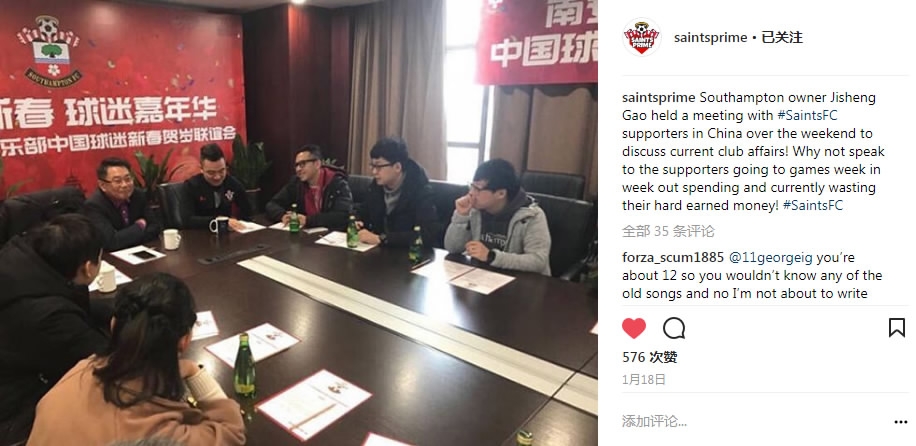
Screenshot from the @saintsprime Instagram account. /VCG Photo
Screenshot from the @saintsprime Instagram account. /VCG Photo
UK-based fans were left furious after Gao held a meeting last month with Chinese supporters to discuss the club, with one prominent fan group commenting on Instagram “why not speak to the supporters going to games week in week out spending and currently wasting their hard earned money!”
For West Bromwich Albion, a 150 million pound takeover in 2016 by Lai Guochuan – a retired property developer – has also coincided with a collapse in form, despite a net spend of around 60 million pounds over the last two seasons.
With the club now bottom of the Premier League, the Chinese owner took the unusual step earlier this month of firing West Brom’s CEO and chairman. Manager Alan Pardew is rumored to have just two games left to save his job, with the club now favorites for relegation.
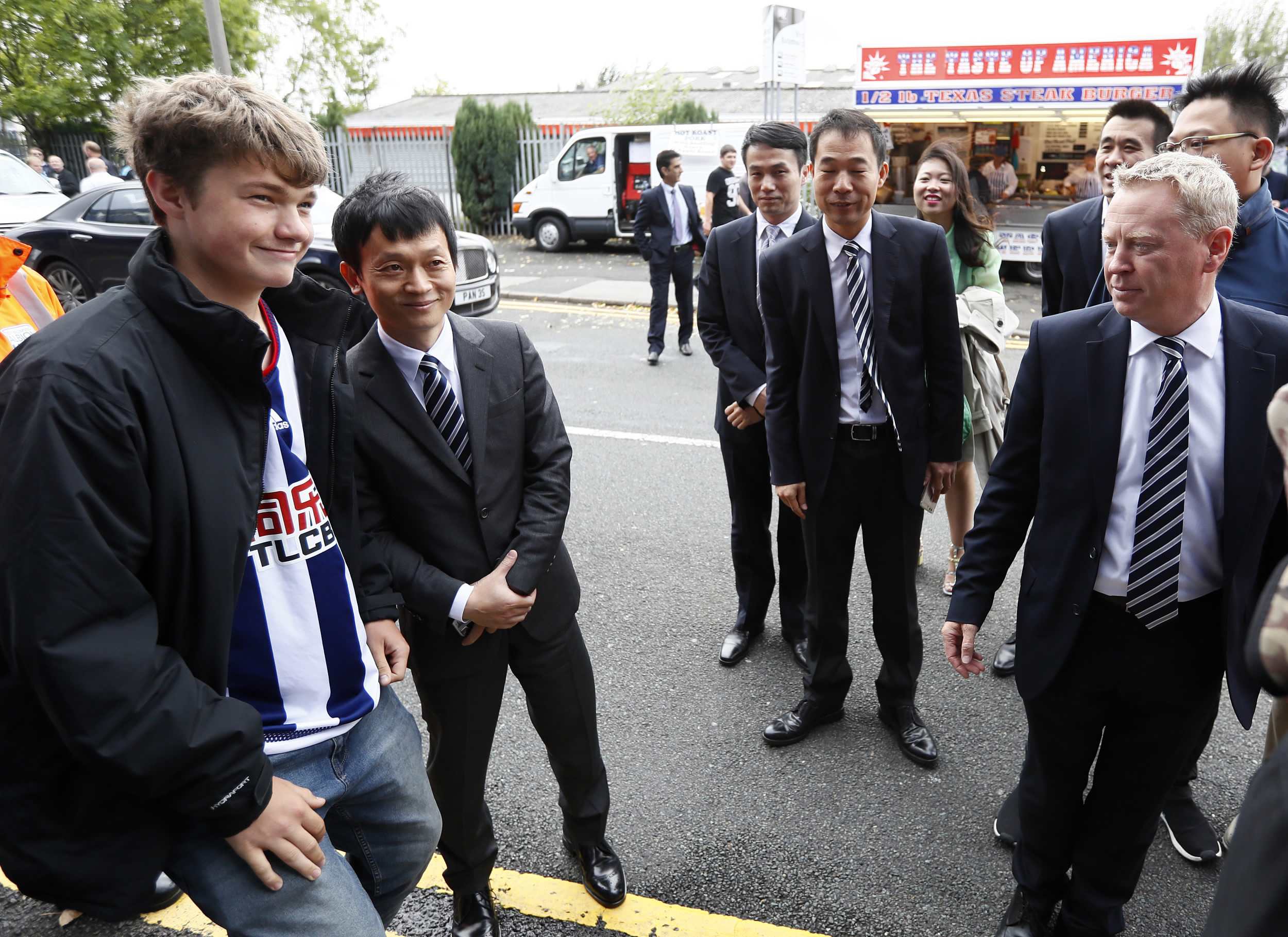
West Bromwich Albion owner Lai Guochuan poses for a photo with a fan in August 2016. /VCG Photo
West Bromwich Albion owner Lai Guochuan poses for a photo with a fan in August 2016. /VCG Photo
When Lai took over the club, he told media the takeover should lead to an “increase in interest in the club in China, which should lead to attractive commercial opportunities.”
He further commented that he would look to use West Brom’s “well-regarded training facilities” to develop young Chinese players. For a club with 140 years of history, many fans on Twitter criticized Lai for openly showing a lack of respect, while expressing concerns over his intentions for the club.

